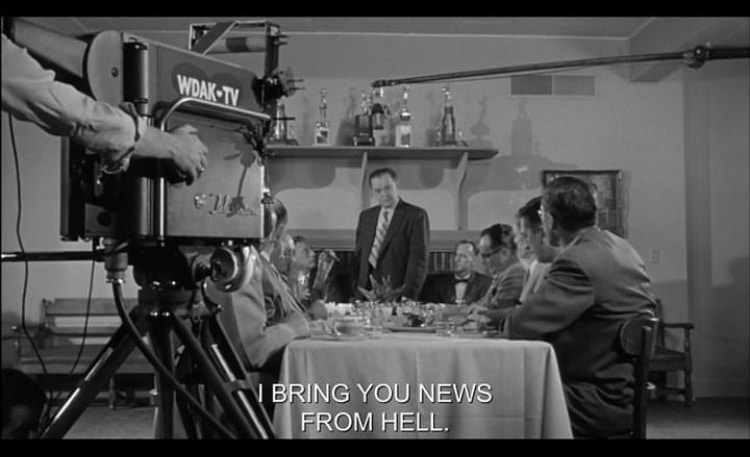1. The best thing I read this week about the violence in Gaza: Isaac Chotiner interviewing Tareq Baconi, the president of the board of the Palestinian Policy Network. I’m just going to pull quote an entire exchange:
Many of the anti-colonial or revolutionary figures we revere—Nelson Mandela and the African National Congress come to mind—did use violence to achieve their ends. And I think there’s a naïveté today about how often groups throughout history have used violence. At the same time, when I hear Israelis say things like, “People in Palestine are animals who will be treated as such,” or when I hear the reports about dead children in Israeli towns, I sometimes have trouble thinking of this as military strategy, or some part of a coherent political struggle with clear ends in mind. It often seems like sadism. And I don’t know how we should think about these acts in the context of larger struggles, even larger struggles we support. How do you wrestle with that?
It’s a really important question and, I think, a very, very difficult one. I grapple with it every day. What you’re saying is absolutely right. There was no anti-colonial struggle or struggle for decolonization without violence. Part of the issue here is that it’s really important for us to go back to centering the primary cause in any anti-colonial struggle, which is colonial violence. It’s crucial to ground the discussion in that context because Hamas’s violence isn’t coming out of the blue. And part of the issue around, as you say, sadism, is that Palestinians have, day in, day out, been living with death and violence.
This is the first time I have been interviewed by The New Yorker, and it’s happening because Israelis were killed. What happened when Palestinians were killed in the thousands, just in the fifteen years that I’ve been covering Hamas? And so, when we really want to think about what this driver of violence is—and the pictures that have been coming out are sickening—we need to understand that colonial violence instills dehumanization both in the oppressor and in the oppressed.
2. The second best thing I read about it: David Klion’s Have we learned nothing?
3. No Context Noir continues to deliver:
